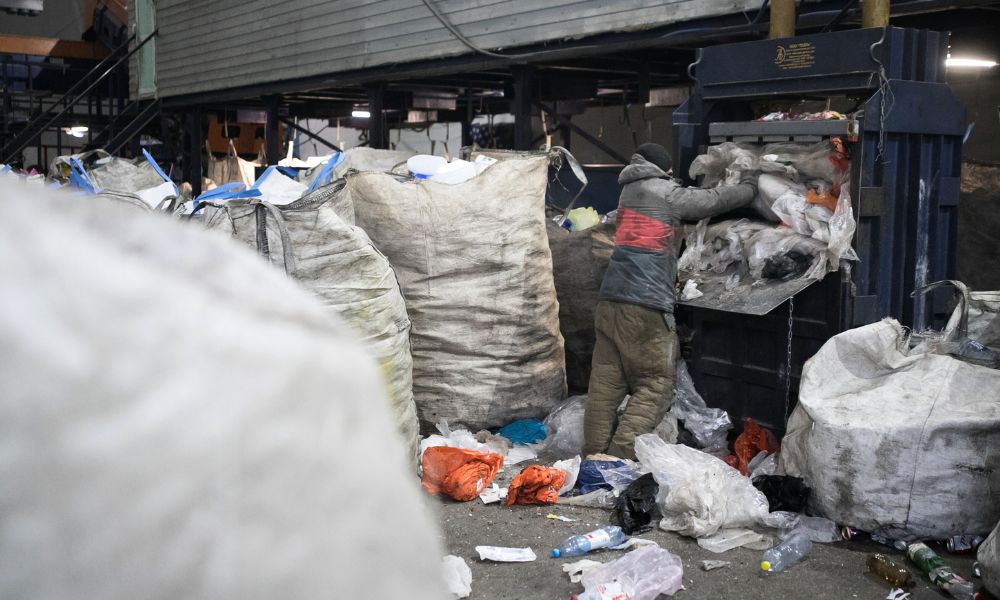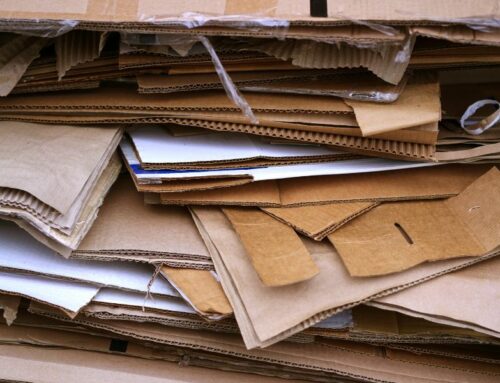
In the world of business and competitive markets, convenience plays a significant role in a company’s success. One modern invention that has revolutionized waste management is the trash compactor, which provides multiple benefits in one convenient machine.
These powerful machines efficiently compress and reduce the volume of various materials, making disposal easier and more space efficient. But some things should never go in a compactor, and it’s essential to know what they are to minimize accidents and enhance the compactor’s effectiveness.
Hazardous Materials
Hazardous materials include chemicals, paints, pesticides, batteries, and any other toxic, flammable, or corrosive substances. When compacted, these materials can release harmful gases, contaminate the surrounding environment, and pose serious health risks to individuals and ecosystems. It is essential to dispose of hazardous waste responsibly by following local regulations and seeking specialized disposal methods.
Electronic Devices
Electronic devices such as laptops, smartphones, and appliances contain various components and chemicals that can harm the environment. The compaction process can damage these devices, releasing toxic substances such as lead, mercury, and cadmium into the surroundings. Instead of disposing of these items in a compactor, consider recycling them at a center or donating them to organizations specializing in electronic waste management.
Glass and Mirrors
Glass and mirrors are delicate materials prone to shattering. They can cause severe injuries to waste management personnel and damage the compactor machinery. A commercial waste compactor is a perfect addition to your business, offering multiple benefits to enhance your operations, but they have some restrictions. Learning proper disposal methods for glass and other unique items will improve your recycling practices and create a safer environment.
Organic Waste
Organic waste, such as food scraps, garden clippings, and animal waste, should never go inside a compactor. The compaction process restricts the natural decomposition of organic matter, preventing the release of essential nutrients back into the soil, and it can become messy. Instead, consider composting these materials to create nutrient-rich soil or contact local authorities to explore municipal composting programs.
Medical Waste
Items classified as medical waste, including syringes, needles, and contaminated medical supplies, are things that should never go in a compactor. These materials can hide infectious pathogens and pose severe health risks to waste management personnel and the general public. Proper disposal methods for medical waste involve following specific guidelines, using designated containers, and contacting health-care facilities or specialized waste management companies for safe disposal options.


